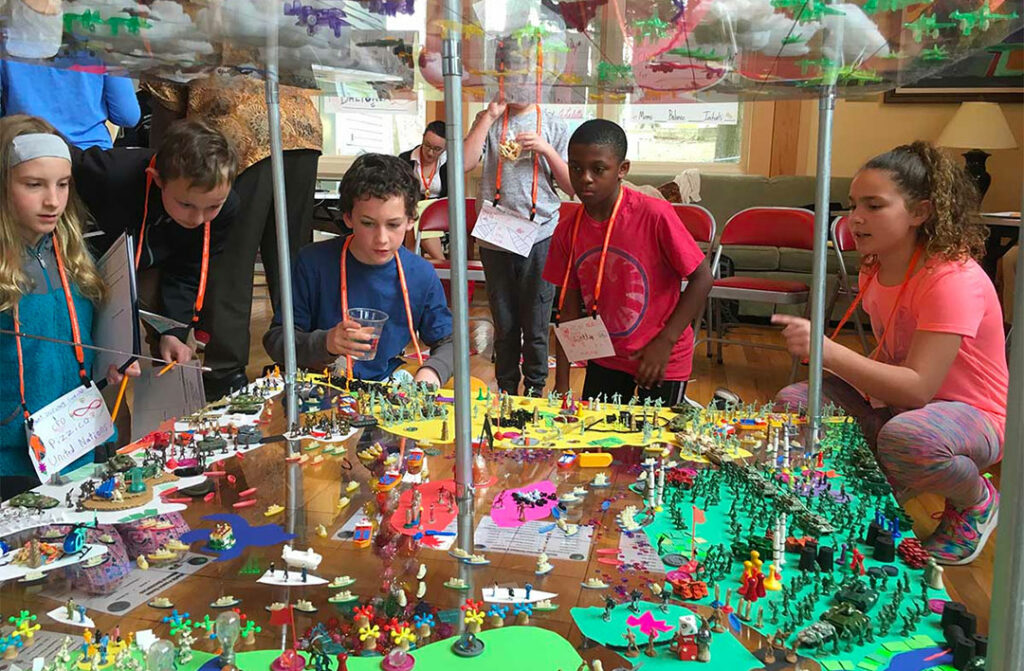The European Union is home to two outstanding initiatives aimed at promoting democracy and civic engagement among its youth population: the European Youth Parliament (EYP) and Democracy Alive. EYP provides a platform for young Europeans to come together to learn about politics and democracy, while Democracy Alive is a network of youth organizations advocating for the rights and interests of young people in Europe. Both initiatives are essential in empowering the next generation of Europeans to become informed and active citizens.
The European Youth Parliament (EYP)
The EYP is a non-profit organization that aims to promote intercultural understanding and European cooperation among young people. It is a youth-led organization that provides opportunities for young people to engage in debates and discussions about current European and global issues. The EYP was founded in 1987 and has since grown into a pan-European network with over 20,000 members.
EYP operates through a network of national committees in over 40 countries across Europe, and they organize events such as youth forums, workshops, and international sessions. During these events, young people participate in discussions, debates, and simulations of the European decision-making process.
The goal of EYP is to provide young people with the skills and knowledge they need to become active and informed citizens, and to encourage them to become involved in the political process at the European and national levels. Through its programs and activities, EYP aims to promote intercultural exchange and understanding, and to foster a sense of European identity and solidarity among young people.
The European Youth Parliament is a recognized partner of the European Parliament and other European institutions, and its programs and initiatives are designed to help young people develop the skills and knowledge they need to become active and engaged citizens in a rapidly changing world.
Democracy Alive
Democracy Alive is a European-wide network of youth organizations that work together to promote democracy, human rights, and social justice. The network was founded with the goal of empowering young people to engage in the democratic process and to become active and informed citizens. The network provides a platform for young people to exchange ideas, share experiences, and work together to address important political and social issues. Democracy Alive uses social media, as well as traditional methods of communication, to reach its target audience and to provide young people with the information and resources they need to get involved in the democratic process.
Some of the specific activities and initiatives of Democracy Alive include:
Advocacy: The network works to promote the rights and interests of young people by advocating for policies and legislation that support their well-being and empowerment.
Capacity building: Democracy Alive provides training and resources to its member organizations to help them build their capacity and become more effective in their advocacy and activism efforts.
Networking: The network provides a platform for its member organizations to network and collaborate with one another, sharing experiences and ideas and working together to achieve common goals.
Information sharing: Democracy Alive uses social media and other digital platforms to share information and resources on important political and social issues, helping young people stay informed and engaged.
Democracy Alive is an example of a successful network that is working to promote democracy, human rights, and social justice in Europe. By empowering young people to get involved in the democratic process, the network is helping to ensure that the voices of young people are heard and that their interests are represented in the political arena.
